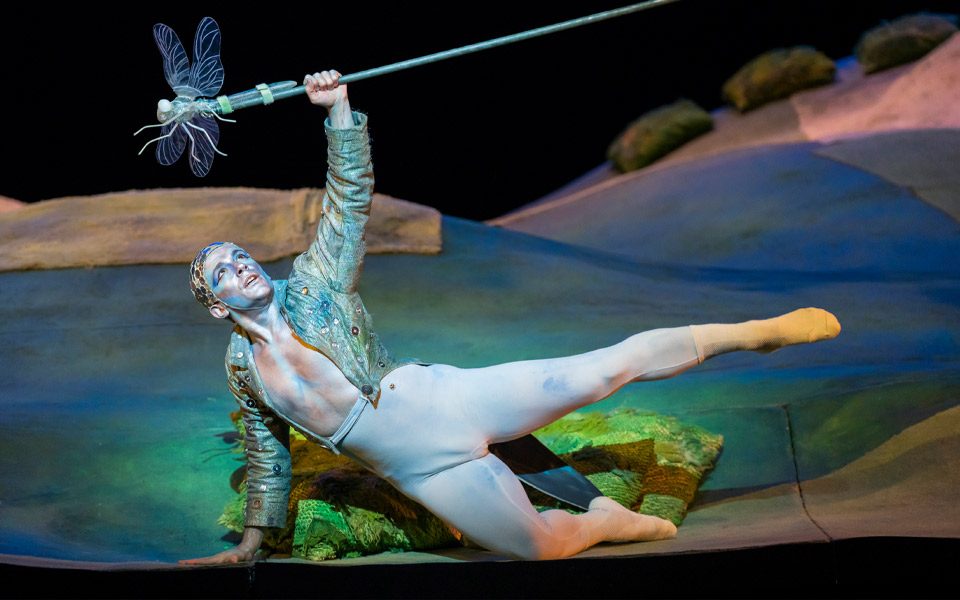
TIM Albery was back to mastermind his 2004 production, his second Così here, and it retained a good deal of its earlier impact.
Tobias Hoheisel’s camera obscura focused attention nicely, beckoning us to gaze at the frailty of human emotions under the microscope. His setting was otherwise traditional and encouraged teamwork without gimmickry, but always with an eye towards what Germaine Greer was pleased to call comitragedy.
Clemens Schuldt, a new conductor here, encouraged the pathos in the score. Oddly enough, this had a connection to the approach of Quirijn de Lang’s Don Alfonso, beautifully enunciated but always with a wistfulness that foresaw the disappointments. He was not so much a puppeteer as a wise head on old shoulders offering advice, not revelling in winning his wager.
The initial pairings to some extent belied the characters we saw. While Alexandra Lowe’s Fiordiligi was the more circumspect of the sisters, her Guglielmo, Henry Neill, always had a twinkle in his eye, which could imply that he was untrustworthy.
Heather Lowe (no relation) made an adventurous Dorabella, opposite a Ferrando in Anthony Gregory who was a distinctly cool fish. In other words, the couples seemed much better suited when they changed over. What in fact happened was that sharedcircumstances smoothed out the emotions of all four so that any coupling was likely to work – but in this production that was properly left unresolved.
At the final curtain, we could only weep that they had all made such a mess of things, a perfectly legitimate tactic on Albery’s part and one that gave the evening greater depth.
Stir into the mix a Despina in Gillene Butterfield who affected to be on more or less the same social level as her employers: witty enough as doctor or lawyer, she was otherwise too caught up in the fray.
The singing was never less than high quality. Alexandra Lowe’s soprano reflected her emotions excellently, while Heather Lowe’s forthright Dorabella made ‘Il cor vi dono’ the vocal highlight of the show. Neill’s flexible baritone balanced his movements superbly: he is a natural creature of the stage. Gregory’s tenor, dry at first, warmed as the evening progressed, in keeping with his character.
Schuldt was attentive to his orchestra and maintained a good balance with the stage, always favouring his woodwinds. Albery had done it again, teamwork his first concern.
Review by Martin Dreyer 2/2/2024

